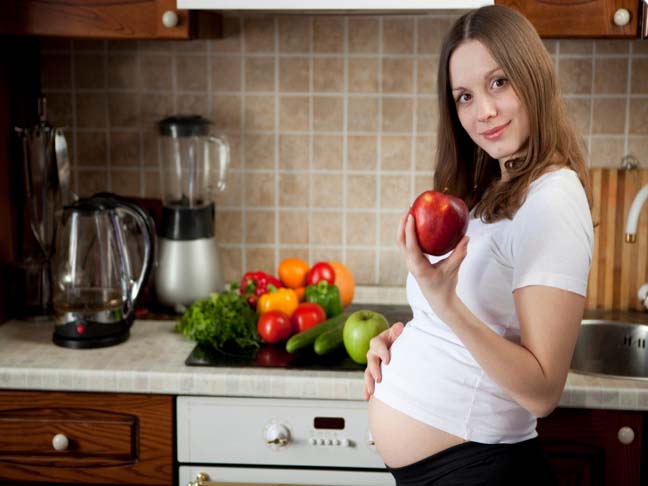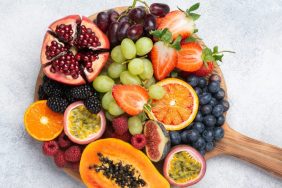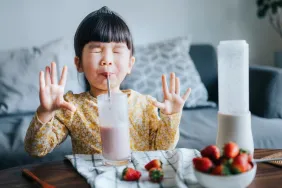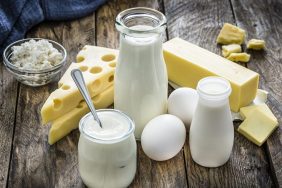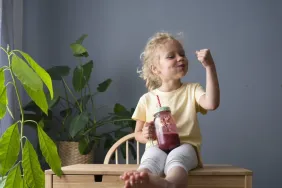If you’re a vegetarian, you might be concerned that your diet will make it difficult to eat the right foods during your pregnancy. You might even find that friends and family suggest you eat meat while you’re pregnant! Rest assured that it is completely possible to eat a healthy, balanced, vegetarian diet which is beneficial to both you and your baby.
A good general rule whether you’re pregnant or not is at least five portions of fruits and vegetables per day. In terms of your overall diet, there are three main groups of food you should be eating; proteins, fats and carbohydrates, so we’ll look at each group individually.
Proteins
Too many people think meat is the only source of protein, when in fact there are plenty of ways to add it to your diet. Eggs are a superb source of protein, and if you’re vegan or don’t eat eggs you can also get protein from pulses such as chickpeas and beans, and from tofu and soy derived foods.
Fats
Dairy foods such as yoghurts, cheese and milk are excellent sources of fats and calcium (which your baby needs a lot of). Nuts, oils and seeds are also rich in essential fats. Try to avoid saturated fat, which can lead to large amounts of weight gain and instead look for unsaturated fats, which are what your body needs.
Carbohydrates
Pasta, bread, cereals and rice are examples of carbohydrate rich foods. Choosing wholegrain varieties is the best option for also providing your body with much needed fibre.
Vitamins and Nutrients
You need to ensure you take the prenatal vitamins recommended by your doctor or midwife. You can also help boost your intake of essential vitamins and nutrients by eating foods rich in these. For example pulses and green vegetables such as spinach and broccoli are rich in iron, while lentils and beans are good sources of folic acid. Boosting your iron levels through your diet is even more important if you don’t eat meat so try to include iron rich foods in your diet where possible. Ensuring you eat foods containing Vitamin C is also a good idea because this can help your body absorb iron from your diet more efficiently. Vitamin C is found in a variety of fruits and vegetables, particularly citrus fruits.
Once you’ve had your baby, it’s important to eat a similar, healthy diet throughout breastfeeding, and you should also remember to continue your prenatal vitamins (your midwife will be able to advise you on this). Always ensure you eat a healthy, varied diet during pregnancy and breastfeeding and if you are unsure of anything give your midwife a call.
